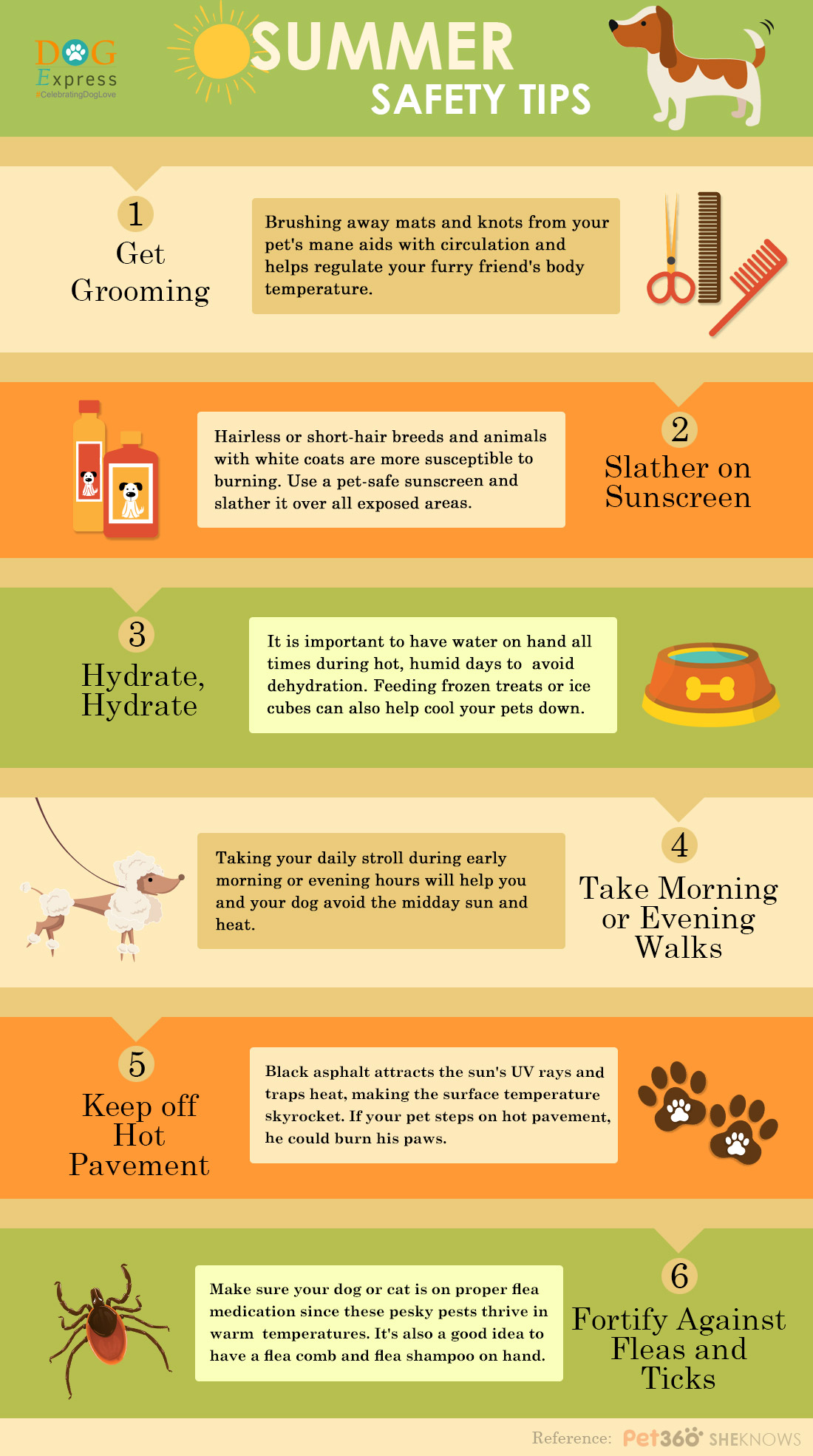Dog Daycare For Rescue Dogs
Dog Daycare For Rescue Dogs
Blog Article
Can Pet Daycare Reason Ailment?
Pet dogs in daycare obtain lots of exercise, socializing with various other canines and unique experiences. This can be specifically handy for young puppies and canines with behavioral problems.
There are a number of legal factors to consider you require to think about when starting a dog childcare business. These include the structure of your service and conformity with federal government laws.
1. Canine Distemper
Canine distemper is spread with direct contact with the bodily liquids and waste of a contaminated pet dog, yet it can additionally be sent using common water and food bowls or via air-borne beads. This very transmittable health problem is most hazardous for pups, but it can impact canines of any type of age and is fatal for a lot of if left without treatment.
First signs and symptoms of canine distemper usually resemble an acute rhinitis, consisting of dripping eyes and nose with watery or pus-like discharge. As the condition proceeds, a pet dog will certainly create fever, coughing, reduced appetite, vomiting and diarrhea. The infection can additionally strike the nerve system, causing seizures, jerking and partial or total paralysis.
Credible childcares lower direct exposure to infection by needing vaccinations, routine health examinations and follow strict hygiene methods. If your dog appears excessively exhausted or limping, a day of rest may aid him recoup, yet you need to stay clear of taking him back to childcare up until these signs clean up.
2. Kennel Cough
Kennel cough, also known as infectious canine tracheobronchitis or Bordetella, is a very transmittable viral or microbial illness that impacts the breathing tract. It's commonly transferred through the exchange of saliva or air beads that an unwell pet dog exhales. Social canines are at greater threat for infection because of their regular interaction with one another, such as when they play, share food or water, sniff each other or merely satisfy in a congested environment like a dog park or childcare.
One of the most typical symptom of kennel coughing is a consistent and forceful coughing that seems like something embeded the throat or retching. Commonly, pets will certainly cough up frothy white phlegm. If left unattended, a pet can establish pneumonia and be at significant threat forever.
A reliable daycare center ought to have rigorous cleaning and sanitation methods, sterilize all playthings, food and water bowls regularly, and be open concerning their dog daycare and boarding inoculation policies. Maintaining your pet dog up to day on their vaccinations, especially for bordetella and canine flu, will significantly lower their possibilities of contracting the ailment.
3. Parvovirus
Canine parvovirus, or parvo, is an extremely infectious viral illness that can be dangerous for young puppies and young person canines with poor body immune systems. It's most commonly spread out by direct contact with polluted canine feces-- which can happen when pet dogs sniff, lick, or taste contaminated feces-- and indirectly from polluted people, things, or atmospheres (like kennels, brushing spaces and lawns). Pups and canines without full vaccination backgrounds are particularly susceptible to parvo.
The infection is extremely resistant, making it through in the environment for as much as nine years, and can quickly be transferred in between dogs by call through feces or on footwear, clothing, and bed linen contaminated with parvovirus. If not dealt with right away with IV fluids, electrolyte balance, throwing up control medicines and antibiotics to avoid second bacterial infections, a pet will swiftly dehydrate and create serious looseness of the bowels, which results in shock and blood poisoning. Parvo is challenging to cure when a dog has come to be ill, however with ideal veterinary treatment, many young puppies do endure this disease.
4. Dog Flu
Dog flu infection is highly transmittable and spreads through straight contact, sharing food and water bowls, licking or nuzzling other pet dogs, via airborne beads, and through contaminated surfaces. Inoculation is effective in minimizing the threat of infection and break outs.
A lot of affected canines create a mild breathing infection with a coughing that lasts 1-3 weeks. They may likewise have nasal and eye discharge, sneezing, and lethargy. A few of one of the most serious situations cause pneumonia and a high fever.
If your pet displays any one of these signs and symptoms, do not bring them back to daycare up until they are healthy and balanced. If your pet is showing indications of severe exhaustion or limping, speak to your veterinarian right away and make certain they get on healthiness supplements to help develop their resistance. A vet will certainly evaluate your canine for signs of the influenza by taking an example from the nose or throat, and blood tests can be done to confirm.